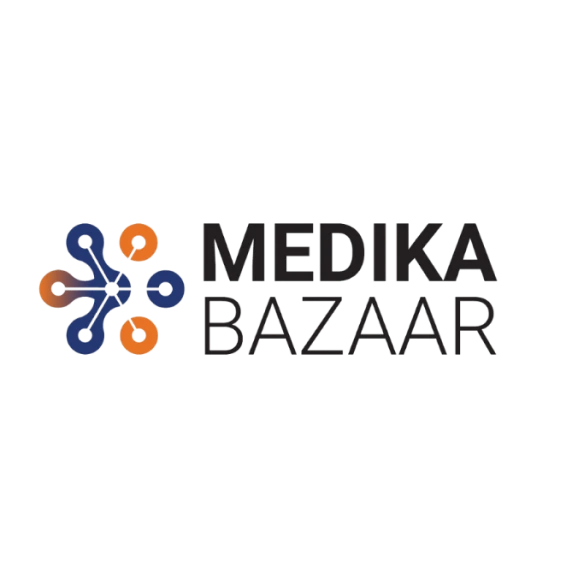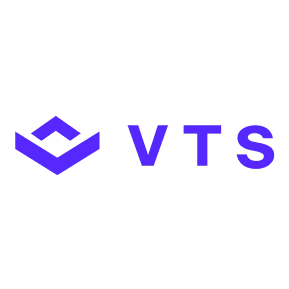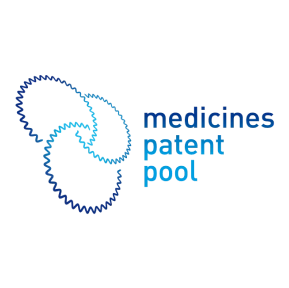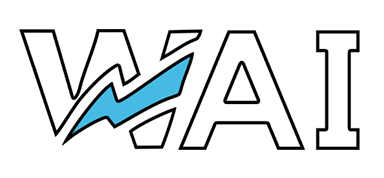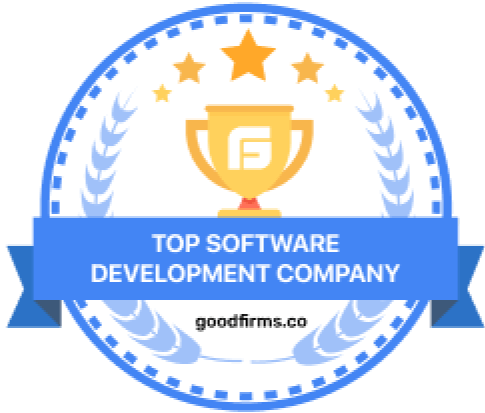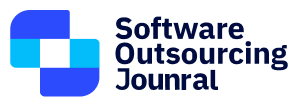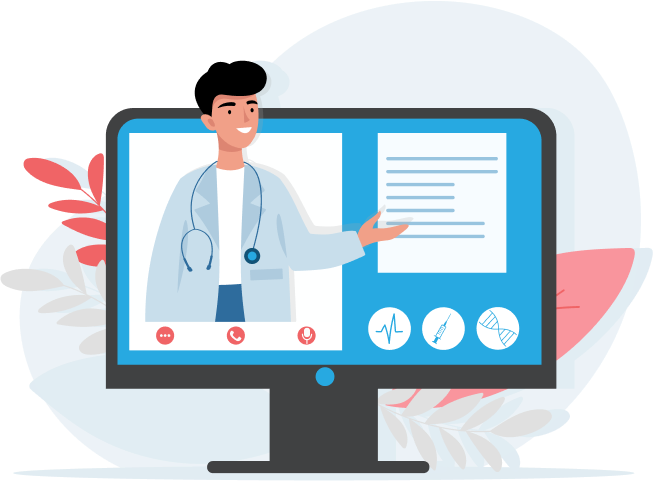
Brands That Love Us

How Can Custom Medical Software Help?
Advanced healthcare software solutions play a vital role in enhancing patient outcomes by streamlining medical services. Through secure applications and online platforms, healthcare providers can efficiently manage patient records, conduct seamless transactions, and harness personalized insights, enabling them to make informed decisions effortlessly.
Why Opt For Our Services?
Transform your healthcare operations with Ajackus, the expert in providing user-friendly custom software solutions. We specialize in simplifying technology, amplifying efficiency, and enhancing user experience to bring positive change to your healthcare processes.
- Healthcare Analytics and Reporting
- Population Health Management Systems
- Medical Billing and Claims Processing Software
- Digital Health Identity Verification Services
- Cloud-Based Healthcare Solutions
- Artificial Intelligence in Diagnostics
- Customized Electronic Health Record (EHR) Systems
- Interoperable Healthcare Platforms
- Patient Engagement Platforms
- Telemedicine Solutions
- Healthcare ERP Systems
- Healthcare Information Exchange (HIE) Solutions
Why Choose Our Healthcare IT Solutions?
Keeping pace with healthcare evolution, our software engineers innovate by upgrading systems, refining user experience, minimizing technical debt, and strengthening competitiveness for healthcare institutions.

Intelligent Chatbot for Healthcare Queries
We enhance patient support with intelligent chatbots, providing instant responses to healthcare queries, appointment scheduling, and general information.

Genomic Medicine Integration
We integrate genomic medicine into our healthcare solutions, personalizing treatment plans based on individuals' genetic profiles for more effective and targeted interventions.

Blockchain for Health Data Security
We implement blockchain technology to enhance health data security, ensuring transparency, integrity, and traceability of patient information in our healthcare systems.

Automated Medication Dispensing Systems
We improve medication management with automated dispensing systems, reducing errors and promoting efficient medication distribution in our healthcare settings.
What our Clients are Saying

23 Reviews

FAQs
Healthcare IT plays a pivotal role in enhancing patient care outcomes by facilitating efficient communication among healthcare providers, streamlining data management, and enabling timely access to patient records. Electronic health records (EHRs) ensure a comprehensive view of patient history, enabling informed decision-making and personalized treatment plans. Integration of advanced technologies, such as telehealth and remote monitoring, further extends the reach of healthcare services, fostering better patient engagement and preventive care strategies.
Implementing Healthcare IT systems comes with challenges, including initial capital investment, staff training, and potential resistance to change. Interoperability issues between different IT systems can arise, hindering seamless data exchange. Moreover, ensuring data security and compliance with regulatory standards adds complexity. Overcoming these challenges requires strategic planning, ongoing support, and collaboration between stakeholders to maximize the benefits of Healthcare IT while addressing organizational concerns.
Healthcare IT significantly improves the management of chronic diseases by enabling continuous monitoring and proactive intervention. Remote patient monitoring devices and health apps allow individuals to track vital signs and share real-time data with healthcare providers. This data-driven approach facilitates early detection of issues, allowing for timely adjustments to treatment plans. Through data analytics, healthcare professionals can identify trends, assess treatment efficacy, and provide personalized interventions, ultimately enhancing the quality of life for individuals with chronic conditions.
Yes, Healthcare IT serves as a powerful tool in preventing medical errors. Electronic health records (EHRs) reduce the risk of errors related to manual record-keeping and enhance accuracy in medication management. Decision support systems embedded in IT platforms provide real-time alerts for potential issues, improving clinical decision-making. Standardized protocols and automated workflows further contribute to error reduction by ensuring consistency in care delivery. Overall, the integration of Healthcare IT minimizes the occurrence of medical errors, promoting patient safety and quality healthcare.
Artificial intelligence (AI) is a game-changer in Healthcare IT, revolutionizing various aspects of patient care. AI-powered algorithms analyze vast datasets to identify patterns and predict disease trends, aiding in early diagnosis and preventive interventions. Natural language processing (NLP) enhances the extraction of valuable insights from unstructured data, such as clinical notes. Additionally, AI-driven decision support systems assist healthcare professionals in making evidence-based decisions and improving treatment outcomes. The integration of AI in Healthcare IT holds great promise for efficiency gains, cost-effectiveness, and ultimately, better patient outcomes.






